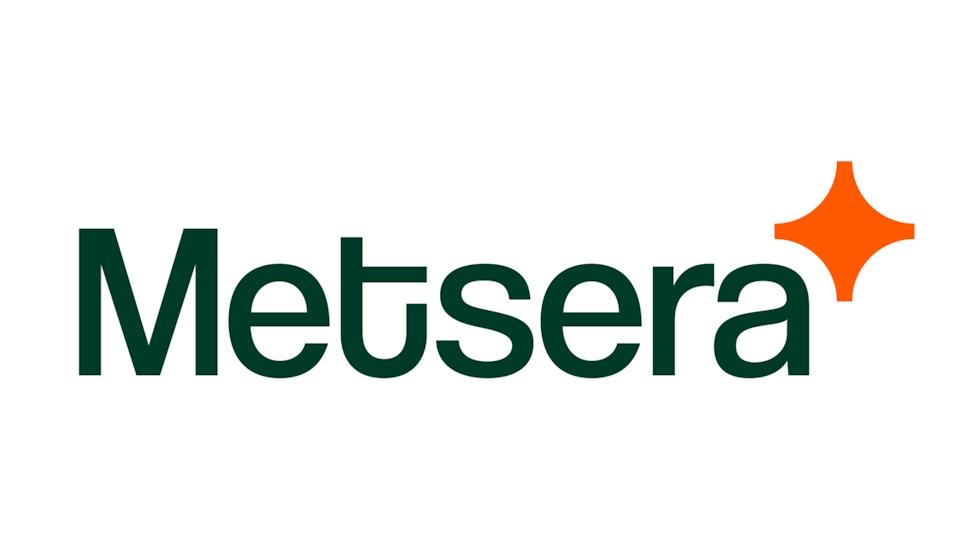Sanofi/Regeneron's Dupixent could be first biologic approved for nasal polyps

Trials of Sanofi and Regeneron’s drug Dupixent (dupilumab) have shown positive results for treating patients suffering from chronic rhinosinusitis with nasal polyps, teeing up a potential new use.
Two phase 3 trials demonstrated that the drug, already approved as a treatment for atopic dermatitis – eczema – met all of its primary and secondary endpoints.
The medicine significantly reduced nasal polyp size, nasal congestion severity, and the need for systemic corticosteroids and/or surgery.
In both trials, patients treated with Dupixent added to a standard-of-care corticosteroid nasal spray experienced a 51% and 57% improvement in their nasal congestion or obstruction severity after 24 weeks compared to 15% and 19% improvement with a placebo plus the corticosteroid nasal spray.
Additionally, the medicine met all secondary endpoints in both trials, significantly reducing the need for systemic corticosteroids or surgery, and improvements in smell and chronic rhinosinusitis symptoms.
Dr John Reed, executive vice president, global head of research and development, Sanofi, said: “Living with inadequately controlled nasal polyps carries a heavy burden with patients experiencing pain, nasal discharge, difficulty breathing and the inability to smell.
“The standard of care, which includes the use of oral and intranasal corticosteroids, often alongside surgery, has not changed for decades. For the first time, we have phase 3 data showing that a biologic can help address the underlying type 2 or allergic inflammation that causes chronic rhinosinusitis with nasal polyps and we look forward to working with regulatory authorities around the world to make Dupixent an option for people living with this chronic condition.”
It was also demonstrated that Dupixent, a monoclonal antibody that is administered via injection, also significantly improved lung function and asthma control in patients with co-morbid asthma.
Dupixent blocks IL-4 and IL-13, two signalling proteins known as cytokines that contribute to inflammation in inadequately controlled moderate-to-severe asthma.
The US Food and Drug Administration (FDA) is due to reveal its decision on the use of Dupixent for adult and adolescent asthma this week.
The successful results of the Dupixent trials will undoubtedly boost Sanofi, which has seen sales of its big-selling insulin, Lantus (insulin glargine), fall due to competition from biosimilar alternatives.
However, competitors including Samsung Bioepis and Merck & Co – known in the UK as Merck Sharp & Dohme – are struggling to bring their versions to market with the latter collaboration ending their quest to develop a Lantus biosimilar last week.













